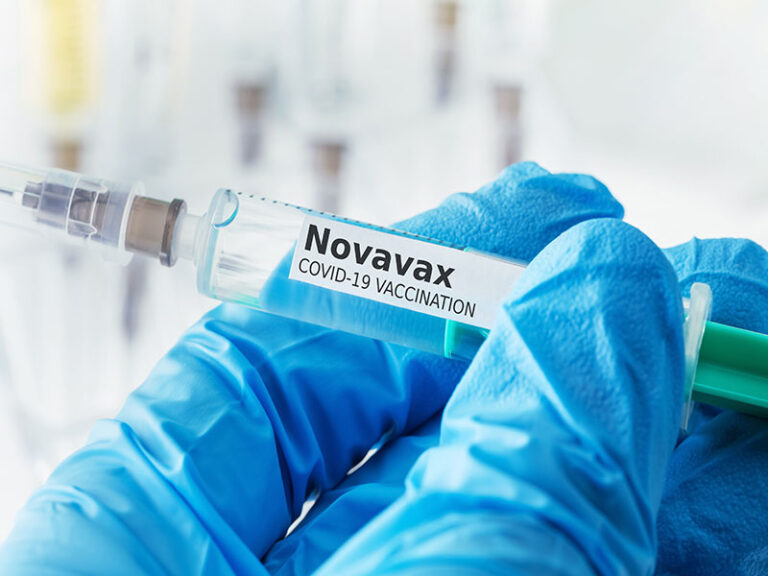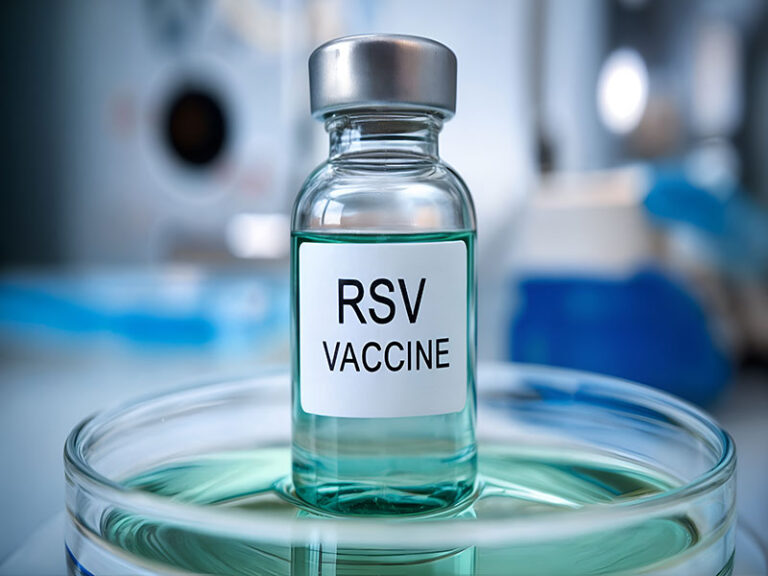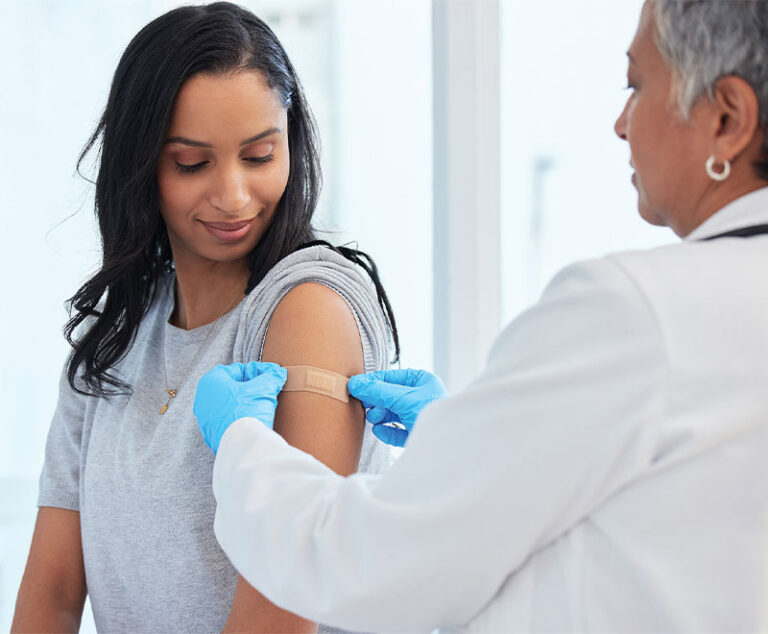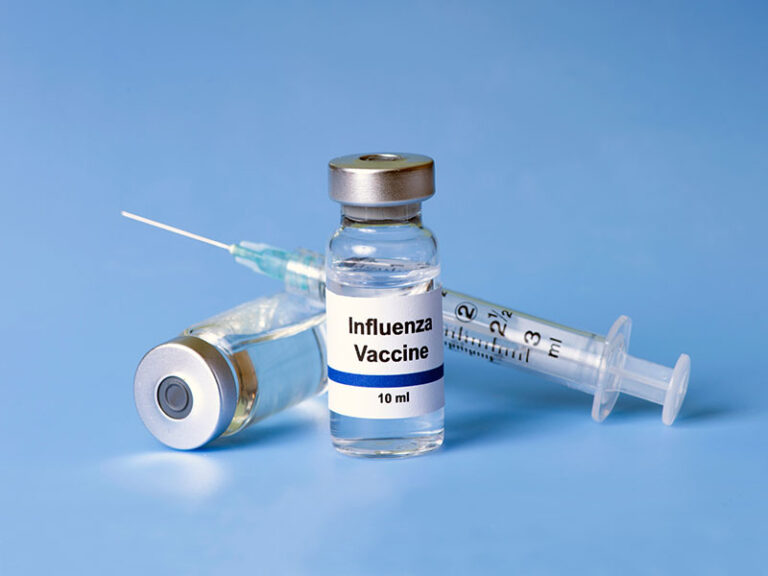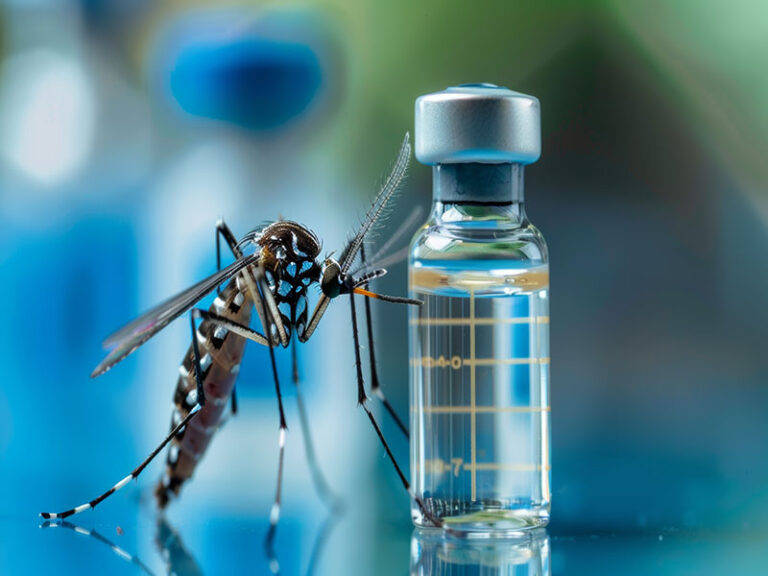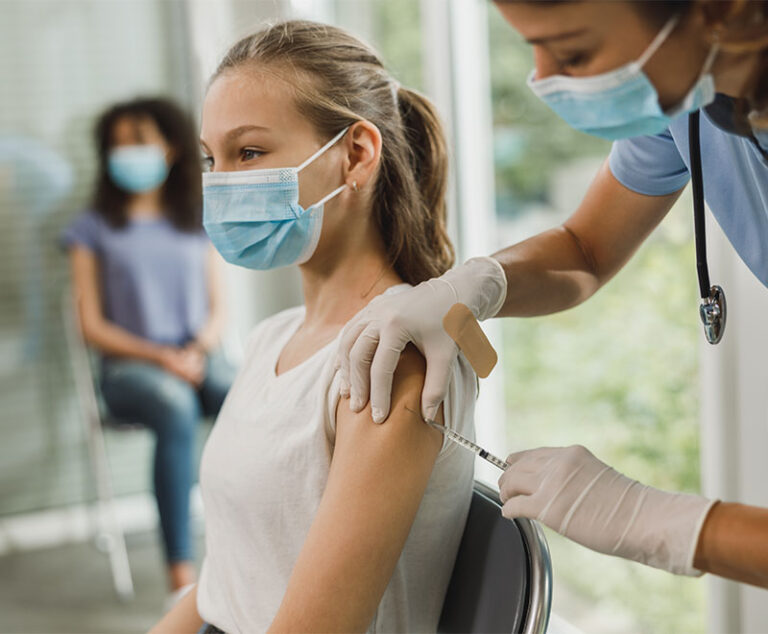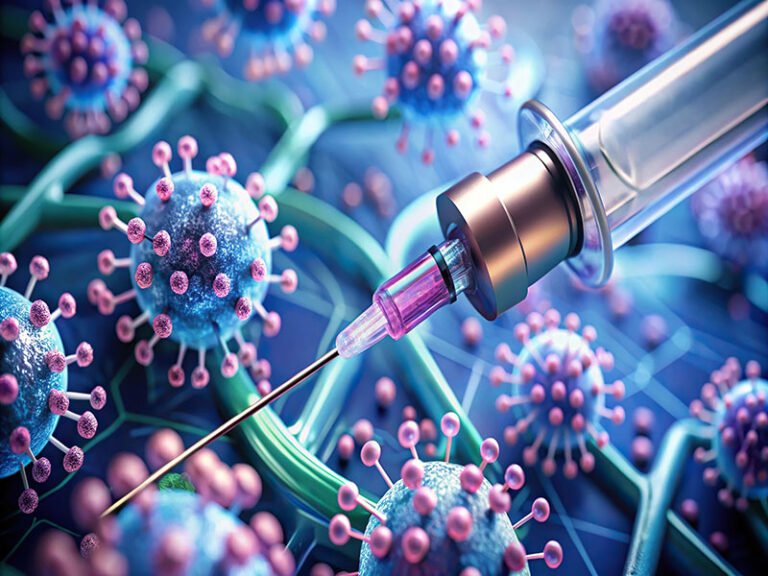Industry News
Research, Science & Manufacturer Updates
Vaccines Articles
After a six-week delay, the U.S. Food and Drug Administration approved Novavax’s COVID-19 vaccine, but only for people 65 and older and those 12 years and older who have at least one underlying condition, such as asthma, diabetes, lung disease, obesity and pregnancy, that puts them at higher risk of severe illness.
A recent study of Moderna’s combination influenze (flu) and COVID-18 vaccine, mRNA-1083, found that it induced higher immune responses than recommended standard care influenza (standard and high dose) and COVID-19 vaccines against all four influenza strains (among those ages 50 to 64 years), the three clinically relevant influenza strains (among those aged 65 years and older), and SARS-CoV-2 (all ages), with an acceptable tolerability and safety profile.
A study led by researchers at Stanford Medicine has shown that variation in vaccine durability can, in part, be attributed to a type of blood cell called megakaryocytes, typically implicated in blood clotting.
Results from a recent study suggest coupling HA molecules from various flu strains could make flu vaccines more effective.
The U.S. Food and Drug Administration (FDA) has approved VIMKUNYA (chikungunya vaccine, recombinant) for injection, the first virus-like particle (VLP) single-dose chikungunya vaccine in the U.S. for persons 12 years of age and older.
GSK’s Penmenvy (meningococcal groups A, B, C, W and Y vaccine) has been approved by the U.S. Food and Drug Administration for use in individuals aged 10 through 25 years.
Findings of a Phase III randomized controlled trial showed Pfizer’s RSV Prefusion F (RSVpreF) vaccine triggered strong immune responses among people aged 60 years and older during its first two seasons.
The U.S. Department of Health andHuman Services will provide approximately $590 million to Moderna to accelerate the development of mRNAbased pandemic influenza vaccines and enhance mRNA platform capabilities
A new study published in the journal Nature found that a personalized vaccine, named autogene cevumeran, is showing promising results for treating pancreatic cancer, one of the deadliest malignancies.
Chinese researchers have developed a “cocktail” nanovaccine to prevent plaque from building up in the arteries, an underlying factor in heart disease, which is the leading cause of death worldwide.
A study conducted by researchers at Weill Cornell Medicine has demonstrated that a series of six vaccinations containing a modified protein from the surface of HIV particles stimulated initial steps of a potent immune response in young nonhuman primates.
